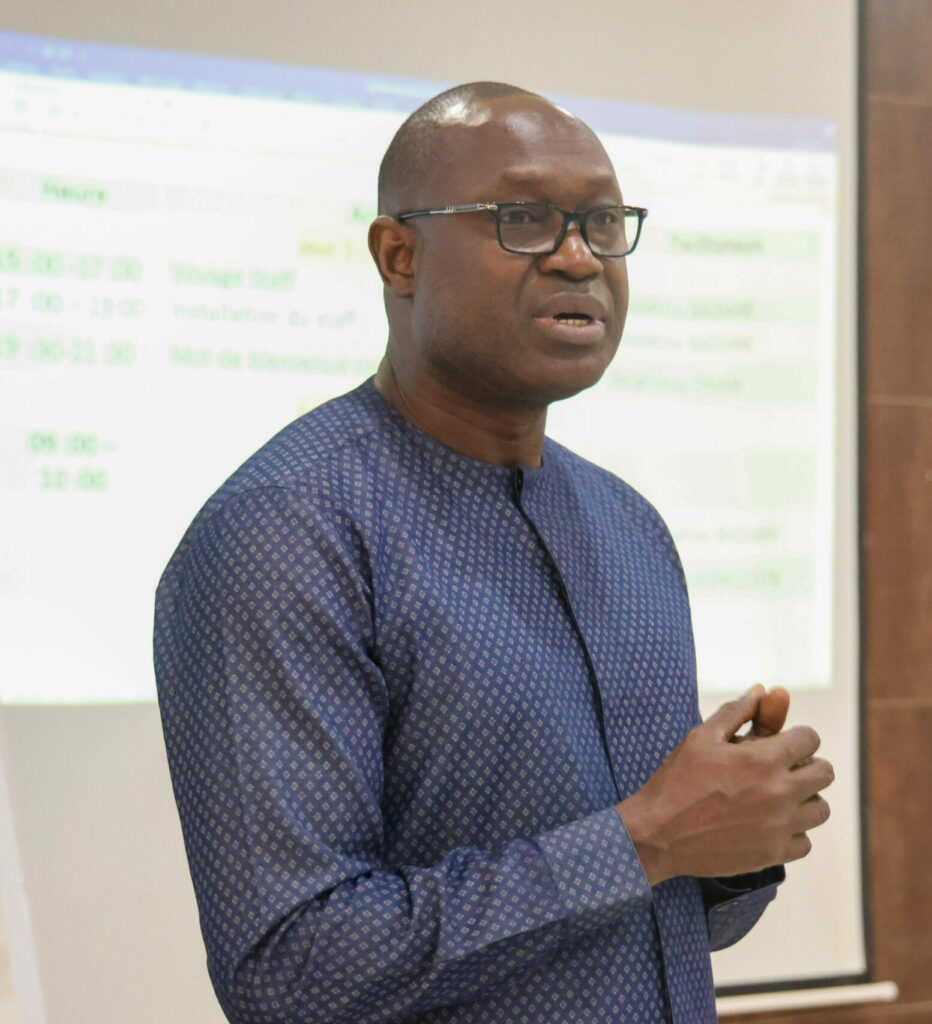
Vital Emergency: Alarming wetland loss threatens societies, economies and climate action
Wetlands International reacts to the alarming findings of the new Global Wetlands Outlook report
Dakar, July 15, 2025 – The report « Global Wetland Outlook 2025: Assessing, Conserving, Restoring and Financing Wetlands (GWO 2025) », publié ce mardi par la Convention of Ramsar, sounds the alarm on the rapid disappearance of wetlands worldwide. It warns that without urgent action, one-fifth of the world’s remaining wetlands could disappear by 2050, with significant social and economic consequences.
The world’s wetlands—rivers, lakes, mangroves, marshes, peatlands, and seagrass beds—continue to disappear or degrade at an alarming rate. This trend threatens not only biodiversity, but also the resilience of societies, economies, and global climate ambitions.Selon ce rapport de référence :
- Twenty-two percent of remaining wetlands have disappeared since 1970—411 million hectares, the equivalent of half a billion football fields.
- Their loss threatens $39 trillion in global ecosystem benefits.
- A quarter of remaining wetlands are in a degraded ecological state.
- Reversing this trend would require an annual investment of between $275 billion and $550 billion.
- Up to one-fifth of the world’s wetlands could disappear by 2050 if urgent action is not taken.
Faced with these figures, Wetlands International, an organization committed to the conservation and restoration of wetlands on the continent, is calling for a collective, coordinated and ambitious response, particularly on the occasion of COP15 of the Convention on Wetlands, scheduled to take place in Zimbabwe from July 23 to 31.
Ibrahima THIAM, Executive Director of Wetlands International Africa
“In Africa, wetlands play a vital role in water supply, food security, climate regulation, and biodiversity conservation. Their accelerated decline poses a direct threat to the communities we support. But solutions exist. At Wetlands International Africa, we are demonstrating that local, nature-based, community-led approaches can reverse the trend. The Global Wetlands Outlook sends a strong signal: it is time to place wetlands at the heart of resilience, sustainable development, and climate change policies,” he adds.

For more than 10 years, Wetlands International Africa has been working to protect wetlands
- In 2024 alone, more than 6,400 hectares of wetlands were conserved and restored in Senegal and Guinea-Bissau, thanks to the active involvement of local communities.
- Through nature-based and people-centered approaches, dozens of income-generating activities have been developed in several localities: fish processing, beekeeping, rice cultivation on restored soils, GECCOM, etc. These initiatives contribute to improving community incomes while strengthening ecosystem resilience.
- In terms of biodiversity, ecological monitoring conducted by WIACO has made it possible to:
Count 196,264 waterbirds,
observe 2,581 fish,
protect 1,030 sea turtle eggs at coastal sites.
👉 Download the Wetlands International Africa 2024 Annual Report in French and English to discover other key data and examples of impactful conservation actions across the sub-region.
These local solutions, when supported by ambitious investments and public policies, can be replicated across the continent.
A Wetlands International delegation will be present at COP15 of the Convention on Wetlands, which will be held from July 23 to 31 in Zimbabwe, to convey these messages and mobilize decision-makers.
Please do not hesitate to contact us for any further information on our participation in the conference.
